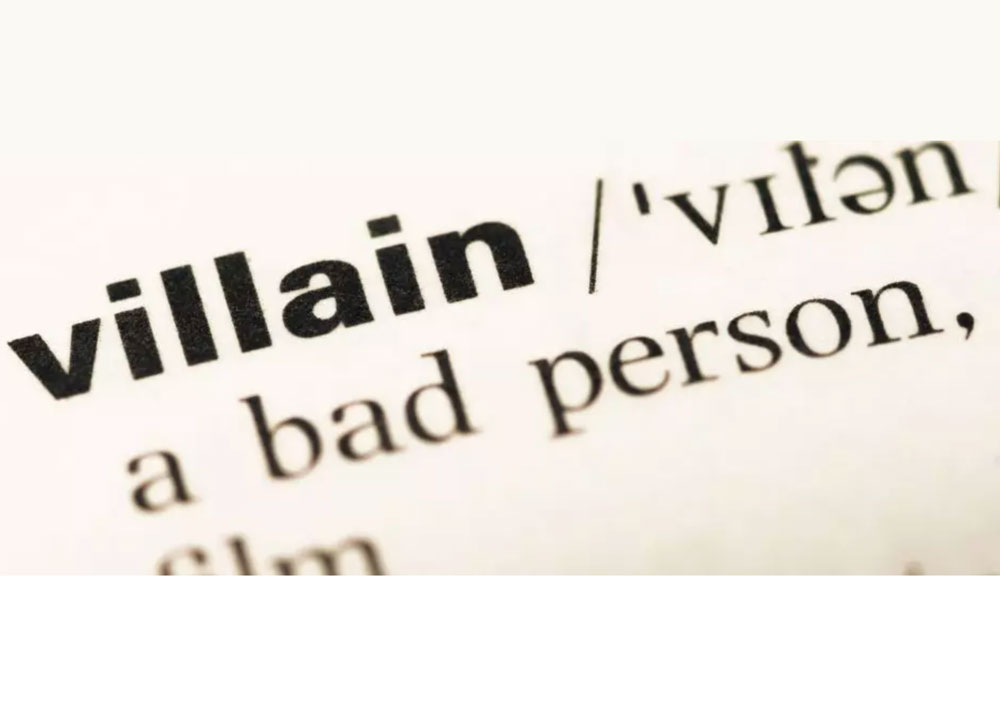(c) 2007, Andrea M. Hill
We Are Our Own Tragic Villains

Too often, rationalizing is an unhappy accident that leads to loss of market share, loss of profit margin, loss of jobs, and loss of a business. Unintended consequences are expensive.
Originally Published: 12 September 2007
Last Updated: 30 October 2020
Andrea Hill's Latest Book
Straight Talk
The No-Nonsense Guide to Strategic AI Adoption

Where other books focus on prompts and tools, this book gives business leaders what they actually need: the frameworks and confidence to lead AI adoption responsibly, without having to become technologists themselves.
Also available at independent booksellers and libraries.
Software & Service Links
The links below are for services offered by Andrea Hill's companies (StrategyWerx, Werx.Marketing, MentorWerx, ProsperWerx), or for affiliate offers for which we may receive a commission or goods for referrals. We only offer recommendations for programs and services we truly believe in at the WeRx Brands. If we're recommending it, we're using it.
When we think about business as a stand-alone discipline or experience, we miss the mark. Business is a social organization, just like a school, a church, a town, a city, or a country are social organizations. They each have different purposes, but they are made up of human beings with all our requisite flaws. So while the study of business as a science and a discipline is a worthy pursuit, it is not complete. To understand business one must understand biology and philosophy and psychology as well. Certainly it is this broader exploration that makes business so exciting.
So when I was asked last week to offer advice on why a business was taking a wrong turn when everything was lined up for success, I found myself pondering human behavior rather than markets, financing, or operations. Later that day I stumbled across my copy of Aristotle’s Nichomachean Ethics as I packed my book case (we’re moving – more on that in the next blog), and I lost an entire hour of what my better half deemed to be prime packing time. But what I read reminded me that in life – and therefore, in business – we are our own tragic villains.
In Greek there is a word, hamartia, which loosely translated means missing the mark. Aristotle views this concept of missing the mark as one of the three ways man harms other men – in this case, through ignorance based on lack of self-knowledge. A tragic villain is one who does great harm without intending to. Ignorance and faulty logic are at the heart of a lot of pain, so it is imperative for us to pursue a life of understanding our reasoning. Ignorance can only be claimed as an excuse to the extent that it is reasonably unavoidable.
Sometimes we tell ourselves we are cutting costs because "we have to," when really, we are just unwilling to be courageous. Other times the cost cuts are truly necessary. Sometimes we pursue an unwise business objective for reasons of ego, telling ourselves that our customers are counting on us. Other times, they really are. Sometimes we refuse to hire someone because they threaten us intellectually, telling ourselves they will not be a good fit. Other times, there really is someone better.
Confusing? Well, that’s the problem. We have to understand our motives – really understand them – to make good business decisions (well actually, any good decisions). Too often, rationalizing is an unhappy accident that leads to loss of market share, loss of profit margin, loss of jobs, and loss of a business. Unintended consequences are expensive.
The person who asked for my advice in this case doesn’t really want it. What he wants is permission to continue doing what he’s doing, a free pass from the consulting expert that reassures him the situation is out of his control. I’m only an armchair psychologist, so I’m not sanctioned to advise him regarding what I view to be his destructive behavior. But all of us are well advised to consider our motives and our level of knowledge and skill when we approach business dilemmas. The tragic villain is one of history’s most enduring characters – 2,500 years and counting of documented fascination with this sorrowful aspect of the human condition. In the pursuit of happiness, it is a cruel justice that derails us and our businesses due to short-sighted tricks of the mind.









